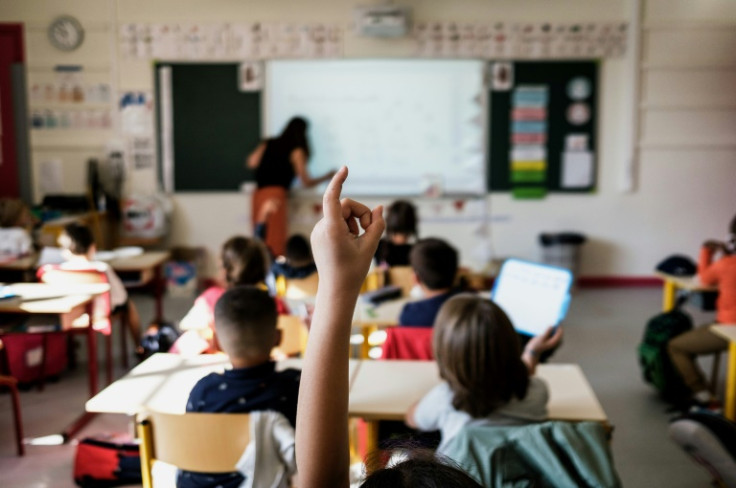
Roughly 7.5 million children between birth and age five in the U.S. are dual language learners (DLL). That's almost a third of the total population for that age in the country, many of them Latinos who are learning Spanish along with English.
UnidosUS, a nonprofit seeking to advance Latinos' interests in different areas, released this week a series of policy proposals the Biden administration could immediately implement to support this group. It did so along with Early Edge California and the Children's Equity Project.
"Although extensive research evidence demonstrates children's capacity for multilingual development, misinformation is common, while systems and services are historically under-resourced," explains a passage of the document.
Recommendations are divided in different categories: governance, data, children with disabilities, workforce, assessments and technical assistance, as well as supporting prenatal to age three and specific funding requests.
The governance recommendations seek to ensure that the Health and Human Services agency (HHS) and the Department of Education (DoE) include all DLL across early childhood systems, both when it comes to implementing existing policies and outlining new ones. It also promotes the issuance of formal guidance on the issues, including including recognizing children 's home language as a resource.
"They should include: Reiterating and updating, as necessary, a common, strengths-based definition for DLLs that is adopted across Departments; Specifying data that should be collected on DLLs through universal home language instruments and Quality indicators for high-quality programs for DLLs," the document says.
When it comes to data, the document highlights the need of collecting more, of higher quality and to do so more consistently. "Home language instruments should be appropriate and specific to young children, and include questions that capture the full context of children's language exposure—across their languages—in the home and in the community. In addition, HHS and DOE should collect information on the language of instruction that programs serving DLLs are using," specifies a passage of the document.
It also requests that civil rights of young DDLs with disabilities be respected and that, at a general level, HHS and DoE develop "realistic pathways of entry and advancement in the early childhood field for immigrant workers who reflect the linguistic and cultural backgrounds of children in their respective communities."
HHS should explore and provide recommendations for how accessible community-based pathways, apprenticeships, competency recognition, instruction in languages other than English, and other alternative opportunities for advancement can be meaningfully incorporated into career ladders for the early childhood workforce," the document adds.
After outlining the need to implement assessments to define the best methods to provide technical assistance, the organizations request special attention be given to investing in research and training, and to issue policy guidance specially focused on "emerging bilingual infants and toddlers with an emphasis on promoting home language development and early bilingualism at this age span of critical language development."
The price tag for these recommendations is at least $1.11 billion, most of which would be destined to "Early Head Start and Head Start expansion, including dedicated funding for Early Head Start-Child Care Partnerships, prioritizing DLLs and providers who serve emerging bilingual children."
The rest would be allocated to "competitive grants to convert more settings from English-only to bilingual approaches to grow and strengthen the bilingual workforce" and for a new TA center.
© 2025 Latin Times. All rights reserved. Do not reproduce without permission.





